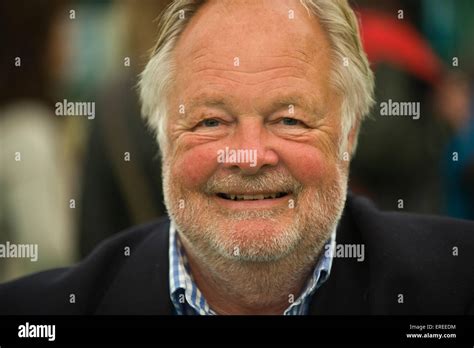A Quote by Charles Stross
We are, after all, homo economicus.
Quote Topics
Related Quotes
Economists operate with this image of the homo economicus, the rational economic agent, and while such agents are rare in the wider world, they are common in economics departments. Exemplifying the homo economicus paradigm, economists typically choose their research projects and hypotheses so as to promote their own careers, to maximize their lifetime income. This explains the astonishing pressures toward conformity in academic economics: how deviant views (except those by a few who have already achieved stardom) get crushed by an army of conformists.
Economics, as it is often taught today, portrays us as homo economicus-someone who doesn't vote in presidential elections, doesn't return lost wallets, and doesn't leave tips when dining out of town. Julie Nelson reminds us that most people aren't really like that. She helps point the way to a richer, more descriptive way of thinking about economic life.
It struck me as I listened to those two men that a truer nomination (name) for our species than Homo sapiens might be Homo narrans, the storytelling person. What differentiates us from animals is the fact that we can listen to other people’s dreams, fears, joys, sorrows, desires and defeats–and they in turn can listen to ours.
In the end I came to see that the true prophet of the modern world was Samuel Butler: when he suggested that the machine was an evolutionary development, destined to supersede man as the dominant species and reduce him to greenfly status, the status of machine-minder, homo mechanicus instead of homo sapiens; and to modify his nature accordingly.





































